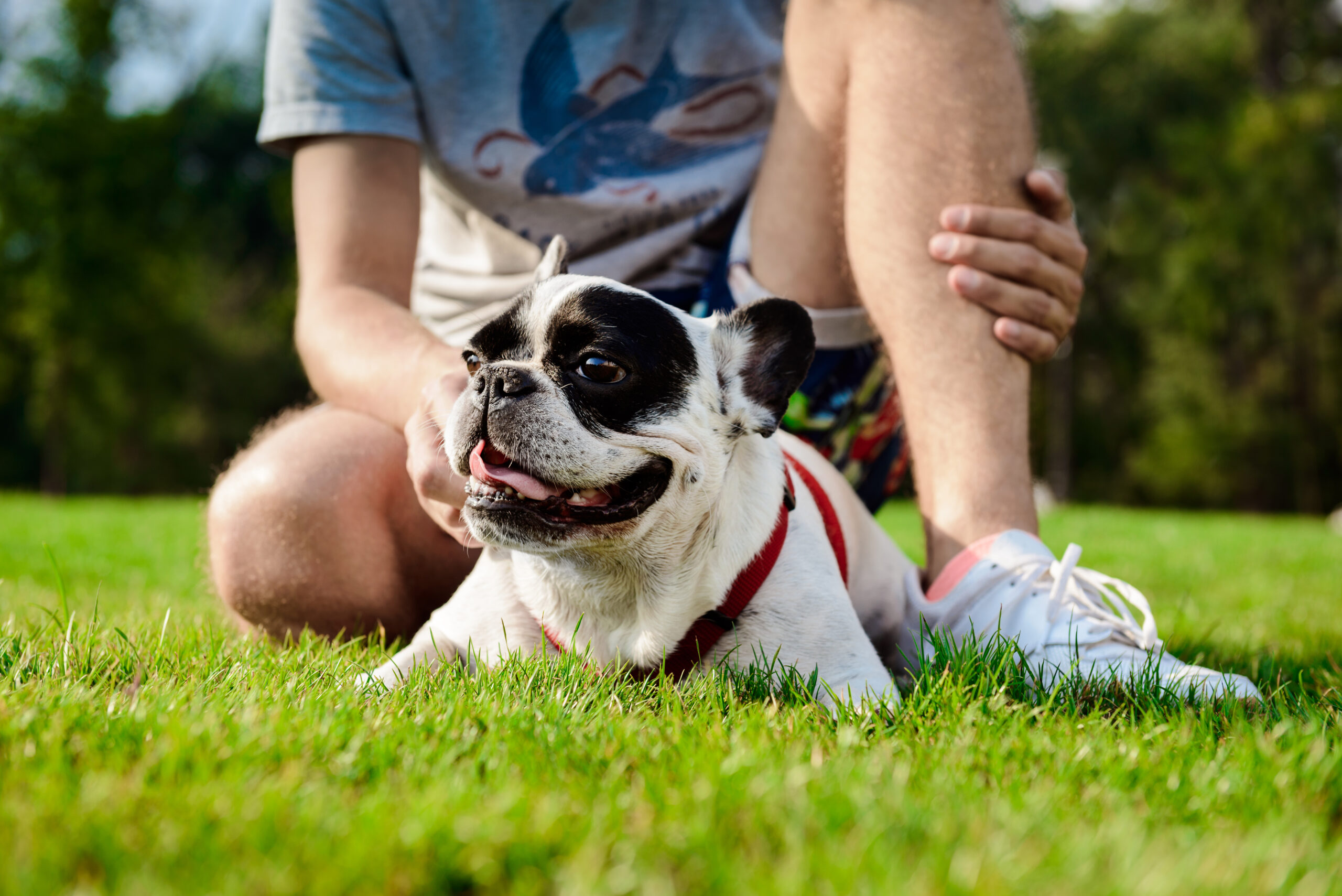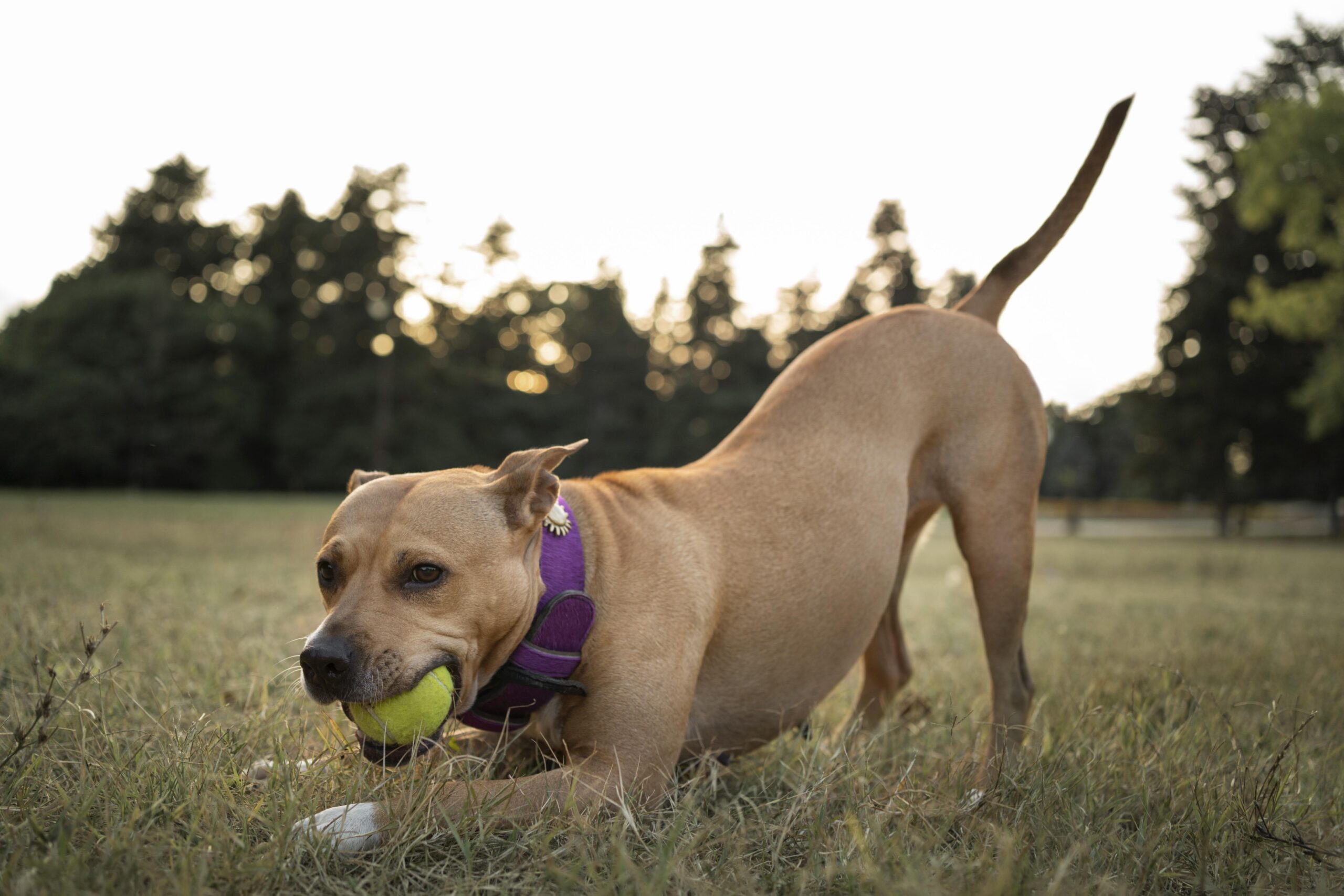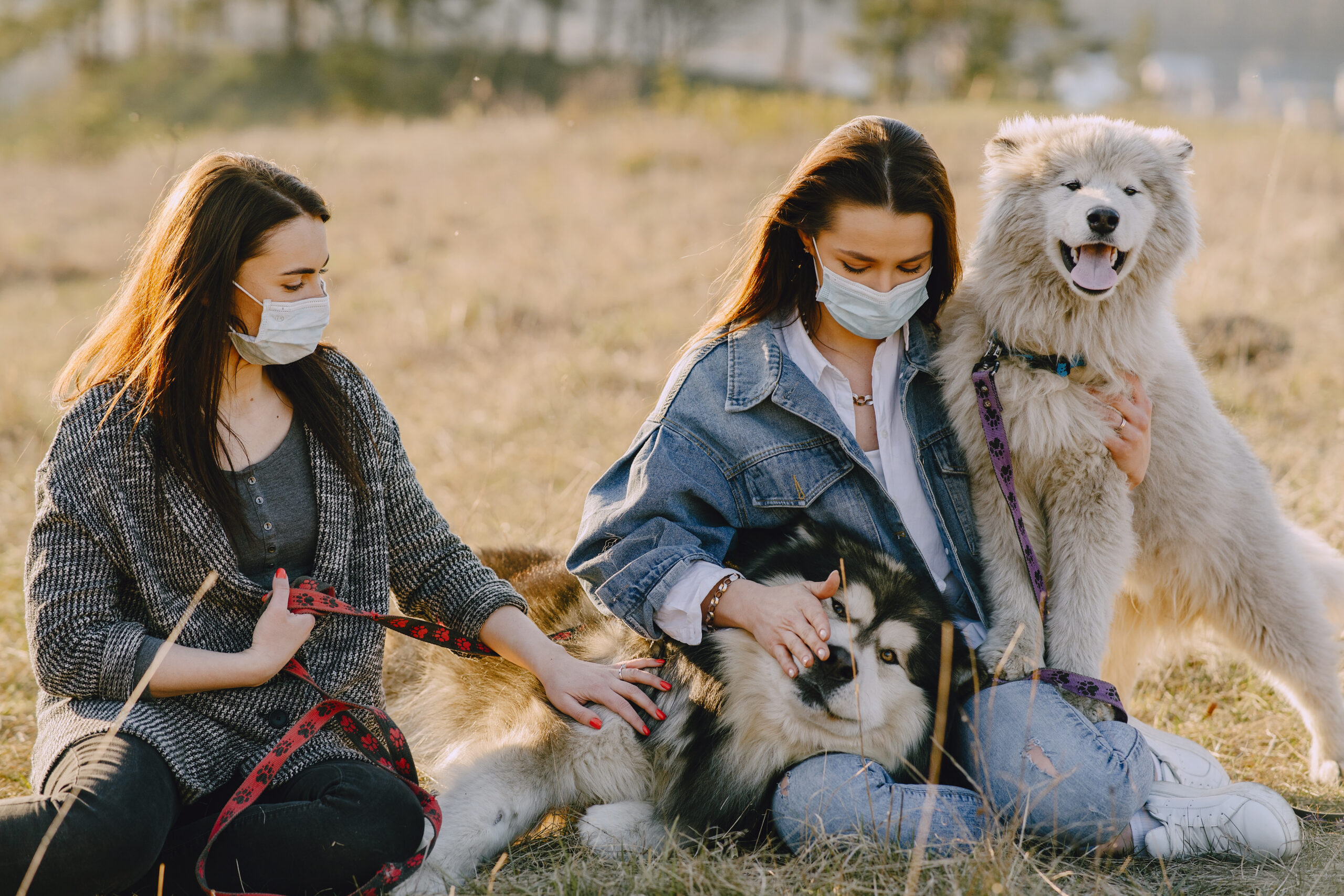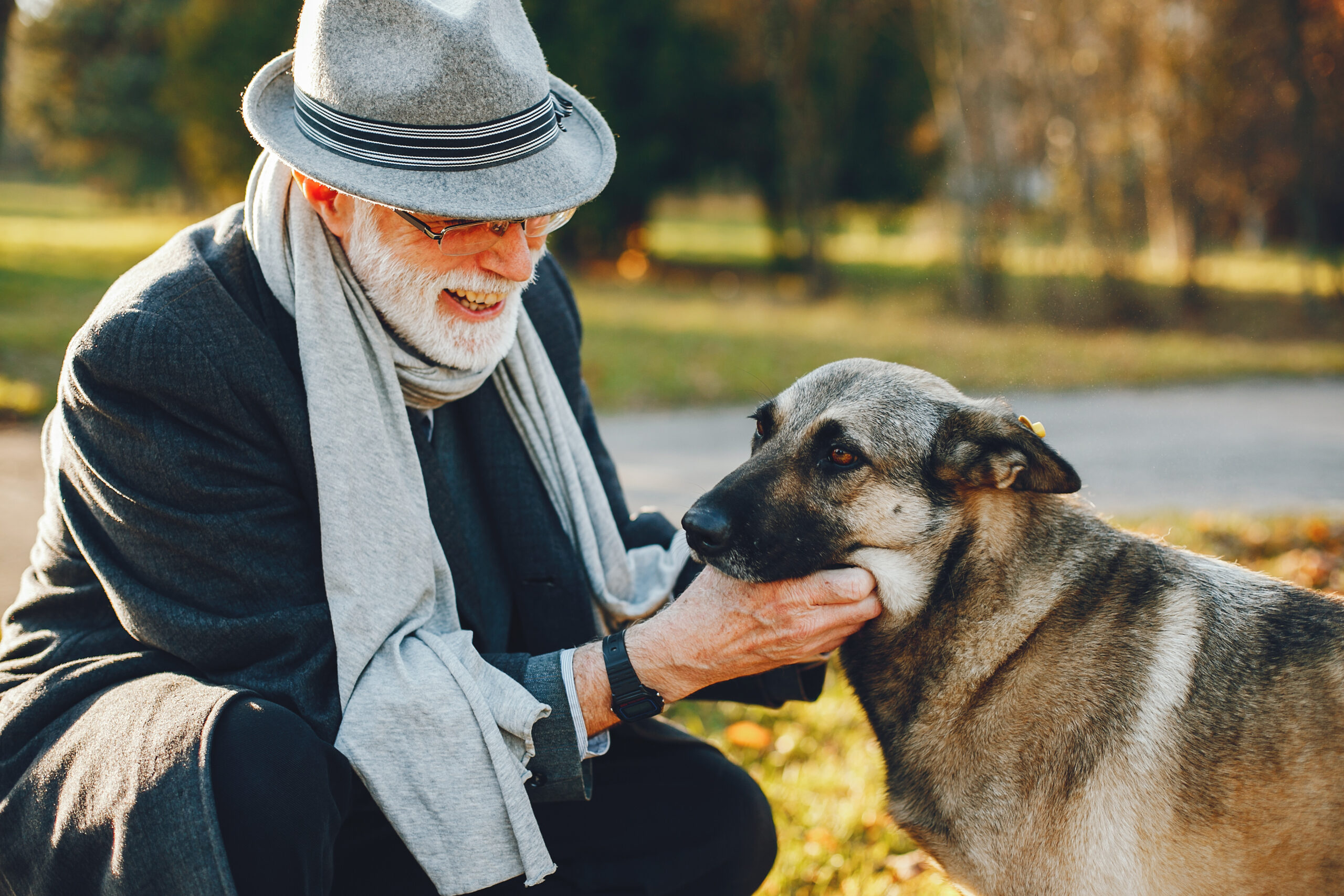The ‘Place’ Command: Building Calm In Busy Households
The place command for dogs is one of the most powerful tools for creating calm in a busy household. Whether you’re hosting guests, wrangling kids, or managing daily chaos, this command teaches your dog to settle on a designated spot—like a bed or mat—and stay there until released. In this guide, we’ll show you how … Read more











